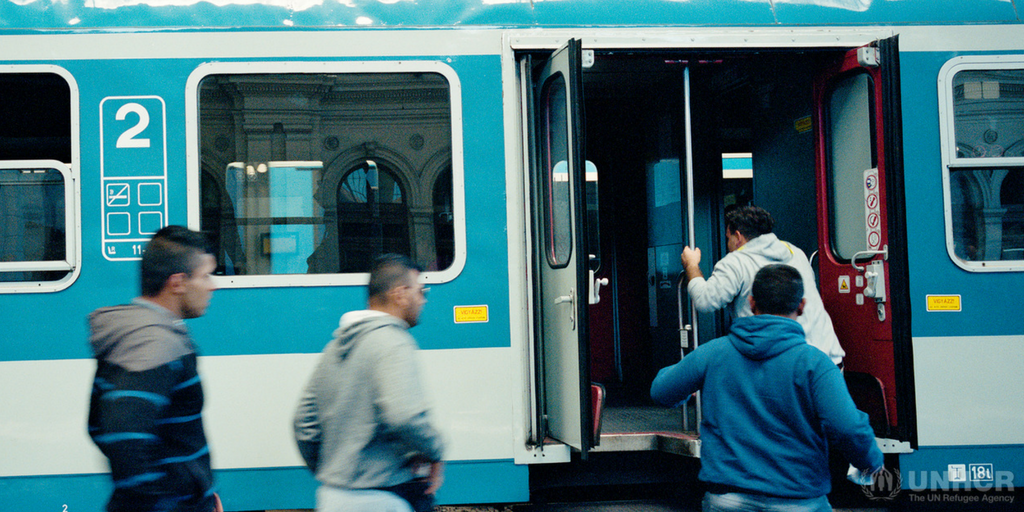
Practical information
The striking rise in the arrivals of refugees and migrants in 2015 shed light on many shortcomings in offering a shared vision of the right of asylum in Europe. If Europe has a longstanding and rich history of migration that has contributed to shape the continent, the memory of this history is hardly ever mentioned in the debates concerning asylum and migration today.

We can observe at least three ways in which history tend to "disappear" in the actual debates concerning refugees in Europe:
- the past is either absent because it is unknown (so it looks as if we have never dealt with refugees before...);
- the past is put in a “quasi-historical” perspective, reducing history to an unequivocal national tradition that would have always existed (for example “tolerance” in the Netherlands since Spinoza, or “asylum” in France since the French Revolution, etc.);
- migrants are urged to leave history home.
The conference will look into ways to “do justice” to history in political and scientific debates, from a cross-national comparative perspective with contributions on the situation of Britain, France, Greece, Hungary, and the Netherlands.
With Christophe Bertossi (director of the Centre for Migrations and Citizenship, IFRI) - Yannick Coeders (MSc, PhD candidate, University of Amsterdam) – Tibor Dessewffy (professor, ELTE) – Jan Willem Duyvendak (distinguished professor at the University of Amsterdam) – Michael Ignatieff (president of the Central European University) – Éva Judit Kovács (professor, Centre for Social Sciences, Hungarian Academy of Sciences) – Maria Kovàcs (professor, Central European University) – Georgios Kritikos (associate professor, Harokopio University) – Malachi MacIntosh (Runnymede Trust) – Zsofia Nagy (assistant lecturer, ELTE) – Andrea Petho (professor, Central European University, Budapest).
This conference is organized by the Ifri in partnership with the Central European University. It is part of the project “Memory and Migration in Europe” of the IFRI, the University of Amsterdam, the University of Warwick, the Calouste Gulbenkian Foundation, and the French network of institutes for advanced study, with the support of the “Europe for Citizens” programme of the European Union.
Migration and the New Politics of Nativism: Europe-US Compared
Other events

From Ambition to Action: Exploring Technological Partnerships with India
The 16th EU-India Summit, held on January 27th in New Delhi with European leaders António Costa, Ursula von der Leyen, and Prime Minister Narendra Modi, marks a significant milestone in deepening EU-India relations. At the same time, official bilateral visits from EU member states are on the rise, including that of the French President, who visited India in February to participate in the Artificial Intelligence Summit. As India asserts its technological ambitions and seeks to reduce its dependence on China, Europe is stepping up its efforts to diversify its strategic partnerships.

The Enlargement of the European Union: A Strategic Choice? France, the Western Balkans and the EU in an Uncertain Geopolitical Context
Russia’s war against Ukraine has brought the enlargement of the European Union back to the centre of European strategic debates. In this context, the Western Balkans have regained heightened visibility in discussions on the continent’s security, at a time when the international environment is marked by a growing number of destabilising factors.






